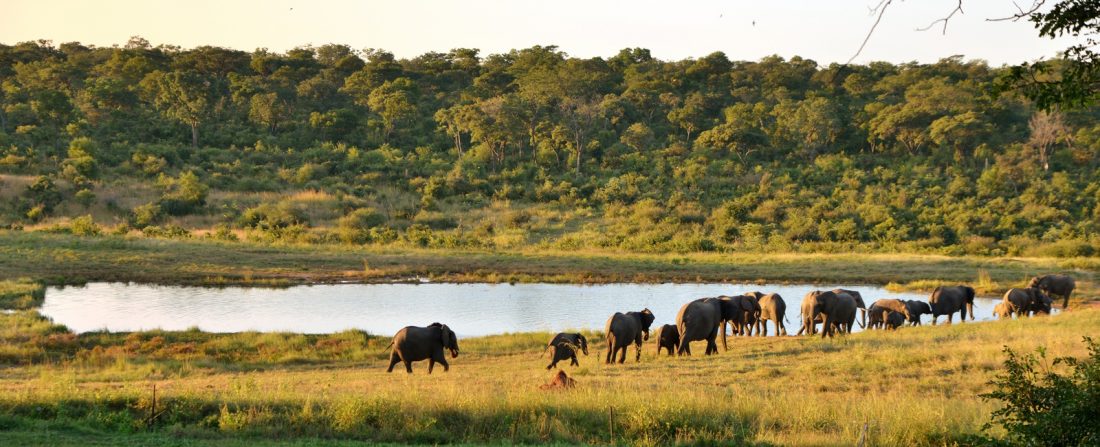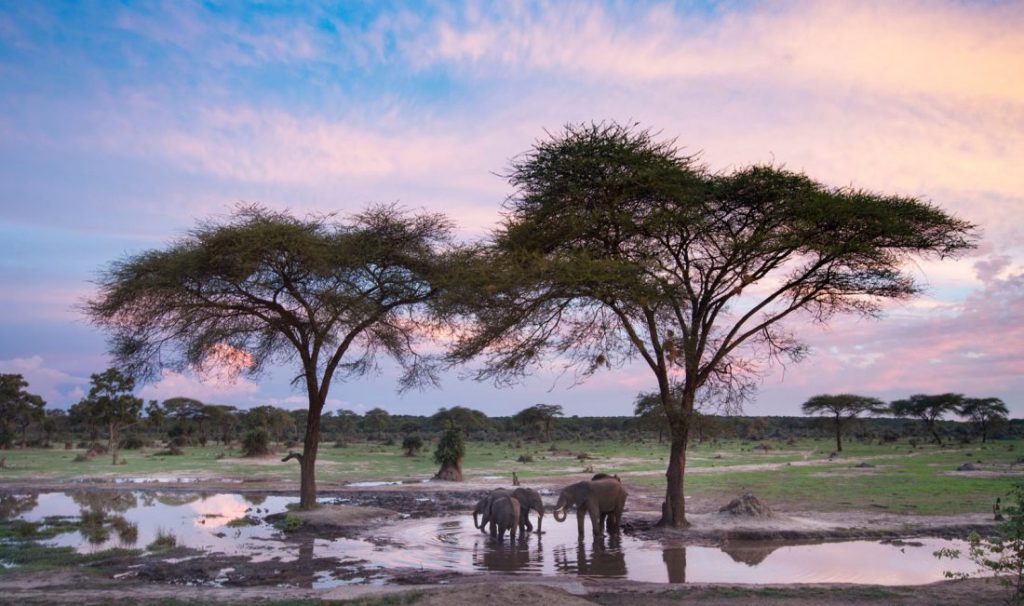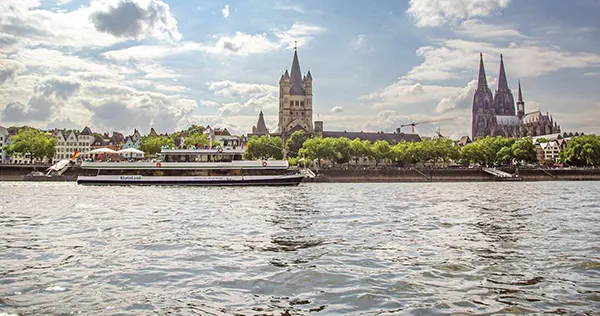
Hwange National Park
Hwange National Park is one of the most popular tourist destinations in Zimbabwe. Your trip to Zimbabwe will remain incomplete if you don’t visit this natural wonder.
Hwange is a small town in the western region of Zimbabwe, in the Matabeleland North province. The name of the town originated from the tribal chief of Hwange, who is presently known as Chief Hwange. Till 1982, the name of the town was Wankie. Hwange is also famous for the Hwange National Park, the biggest national park in the country. The park is home to a wide variety of giraffe, elephant, lion, and other types of wild animals.
Hwange National Park is the biggest national park in Zimbabwe. It is also the biggest game reserve in the country. The national park is situated on the west, on the highway between the world famous Victoria Falls and Bulawayo.
Hwange National Park was opened in 1928. The founder was a 22-year-old game warden, Ted Davidson. He was a friend of James Jones, a Manchester-born individual who worked as the stationmaster for the erstwhile Rhodesian Railways at Dete that was quite close to Hwange Main Camp. The inward bound provisions of the park were handled by James Jones.
Hwange National Park is situated on a sprawling area of above 14,600 sq km. The park enjoys its proximity to the border of the Kalahari desert, an area with scarcity of water and extremely rare, xerophile foliage.

The national park is home to 105 species of mammals, which include eight big carnivores and 19 big herbivores. You will see all the particularly protected animals of Zimbabwe in this national park. In addition, it is the exclusively protected region where brown hyena and gemsbok arrive in sensible numbers. The number of African wild dogs to be seen in this national park is considered to be one of the biggest existing groups in Africa at the present time.
Elephants have been significantly thriving in Hwange and the number has grown to far higher than that logically sustained by this kind of a region. Nevertheless, there has been famine for successive number of years in the Hwange area and the elephants have created various damages to the resources of Hwange National Park. A number of debates have taken place on how to manage this and culling may be the only way out.
Types of Accommodation in Hwange National Park
The national park has three permanent camps and they are as follows:
- Main Camp: Located in the south, conveniently reachable by tarred road from the main Bulawayo–Victoria Falls road.
- Sinamatella: Situated in the north, many hours’ drive across the park from Main Camp, or a smaller trip on a dirt road from the main Bulawayo–Victoria Falls road. It is located on a steep slope over a pond, overlooking miles of shrubs.
- Robins Camp: It is situated in the north, isolated and may not have food supplies or fuel.
Furthermore, overnight camping is allowed at a few platforms overlooking ponds; booking has to be done beforehand with the National Parks Board.






